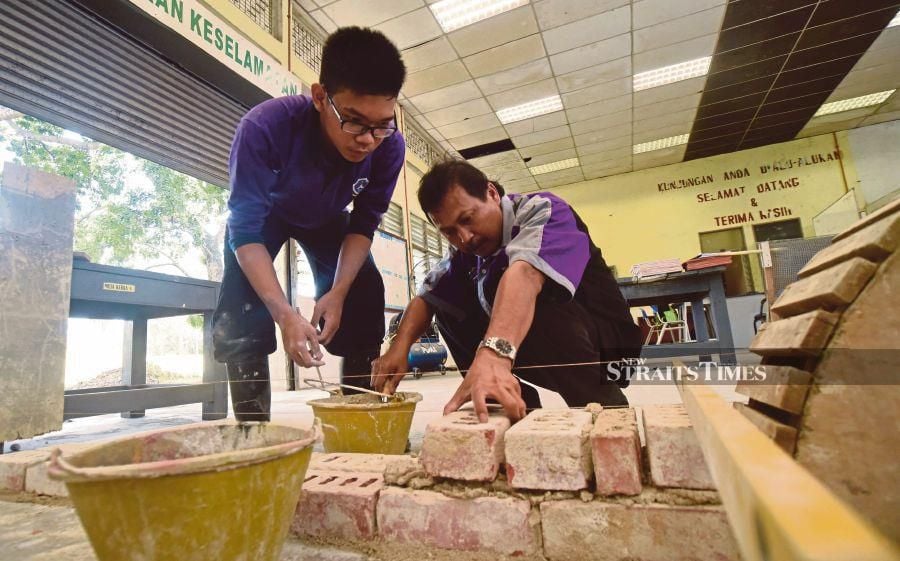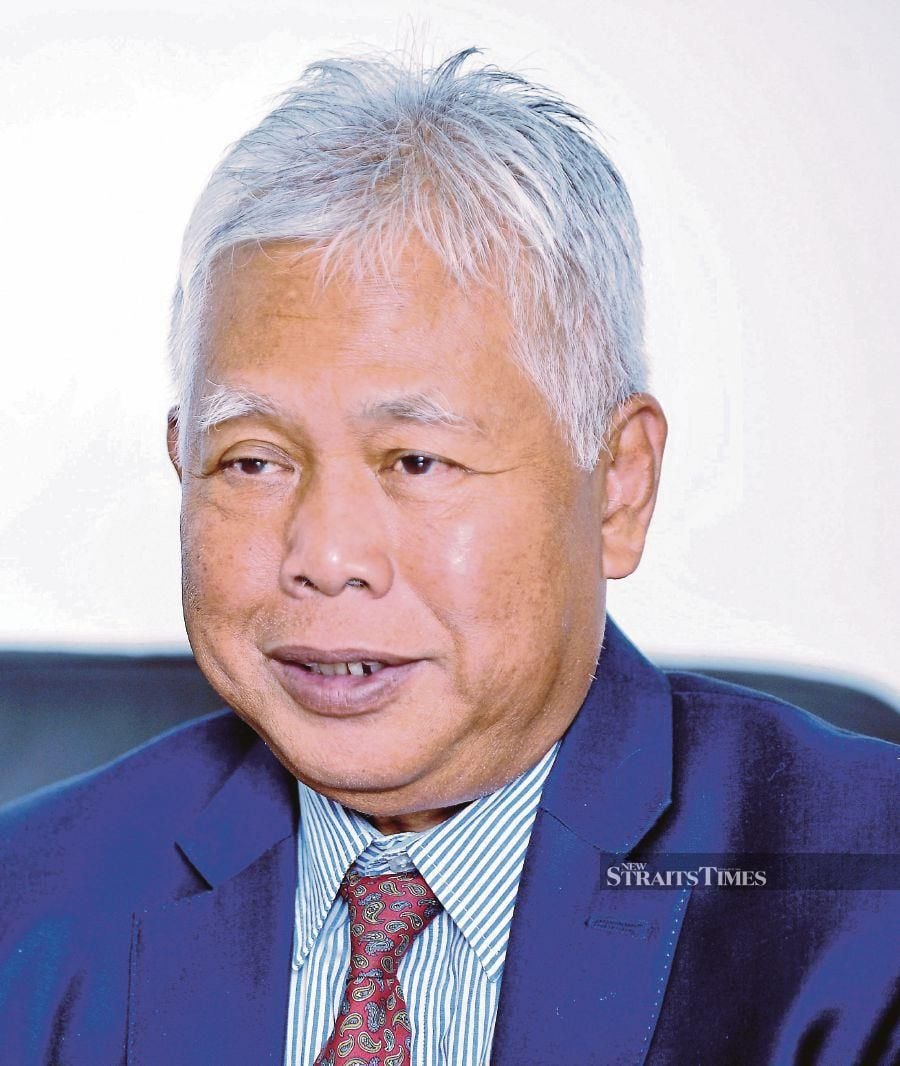
Helping skilled workers secure certification will boost their chances of getting a better salary throughout their career.
Malaysian Employers Federation (MEF) executive director Datuk Shamsuddin Bardan said youths working in the technical and vocational field should not worry about their starting pay as it would be reviewed over time and upon the confirmation of their job.
“The rate of review can be between RM100 and RM500, usually after six months.”
“Malaysia practises a seniority-based wage system with yearly increment. Some developed countries adopted a rate for job payscale. They are paid based on their skills, regardless of seniority,” Shamsuddin said.

He said in Malaysia, employees had honed their skills through work exposure and experience, but even after 15 to 20 years of service, they did not get themselves certified, hence their stagnant wages.
He said this would open workers to exploitation by companies.
“Getting certification would be beneficial for them if they want to quit their job and work at another company.”
“We have the Recognition of Prior Learning. If we get employees certified, we can link these certified skills to wages.”
He said although there was a guideline by the Human Resources Ministry on the starting pay for 200-skills-based job released in 2020, many employers had been paying their workers based on the market rate.
Shamsuddin also said the industry faced issues on skills mismatch and the need to re-skill and up-skill employees.
“This is why companies were not prepared to follow the ministry’s guidelines. Furthermore, it is not compulsory for them to do so,” he said.
“Take, for example, the automotive repair industry. Some technical and vocational education and training (TVET) institutions use carburetors to teach their students.
“However, there are now electronic fuel injection engines, hybrid cars and electric cars in the market.”
Because of this, he said, institutions needed to upgrade their equipment and teaching methods by working with the private sector.
He added that in the long run, there was a need to look at the whole situation and advocate a skills-based service system, where the skills that employees had would be evaluated by encouraging them to get a certification.
“Their employees’ pay should be based on their skill-level on top of observing the minimum wage,” he said.
Federation of Malaysian Manufacturers chief executive officer Dr Yeoh Oon Tean said it was important that TVET students enrolled for courses that led to a recognised certification of their skills and offered them a pathway to upgrade themselves in terms of wages and standard of living.
He said the issue faced by employers was a lack of coordination between TVET institutions and industry on industrial needs.
“A wide variation in (education) standards may lead to the continuity of poor public perception of TVET education.
There is a need for a streamlined qualification system that ensures a minimum standard is met and strengthens the confidence of employers and TVET students.”
He said initiatives taken by the TVET Empowerment Cabinet Committee were a positive way to address issues.
Among the initiatives include the establishment of a coordinating and enforcement agency to address the issue of fragmentation of TVET implementation, which cuts across ministries.
“The agency would ensure standardisation of training and qualifications, quality assurance, qualification portability, recognition of prior learning and greater cost effectiveness in the use of resources. It should uplift the status of TVET graduates as skilled craftsman to promote it.”
He said other initiatives could ensure greater industry collaborations in TVET by strengthening public-private partnerships to improve employability and produce industry-ready graduates.

“Industries need to engage in more apprenticeship, internship and work-based learning programmes to prepare students for the working environment. It needs to start early to prevent skills mismatch.”
Yeoh said as long as there was no uniformity in standards and quality, the industry could not be forced to follow a wage guide, which would be determined by the highest level of standards and quality of a qualification.
He said there was a need to address the public’s opinion of the TVET field being less prestigious than a professional qualification.
“It will give workers more opportunity to earn better wages, which uplifts the Bottom 40 income group by 2030 as envisioned in the Shared Prosperity Vision 2030.”
The ways to do this, Yeoh said, included introducing TVET into the school curriculum as early as primary level; promoting it as a mainstream education rather than for less academically-inclined students, and having trainers with industrial and operational experience.
Source: www.nst.com.my
 KUALA LUMPUR: The multi-million ringgit skills certification scandal at the Human Resources Development Corporation (PSMB) was marked by an intriguing power play that led to the removal of its chief executive officer.
KUALA LUMPUR: The multi-million ringgit skills certification scandal at the Human Resources Development Corporation (PSMB) was marked by an intriguing power play that led to the removal of its chief executive officer.